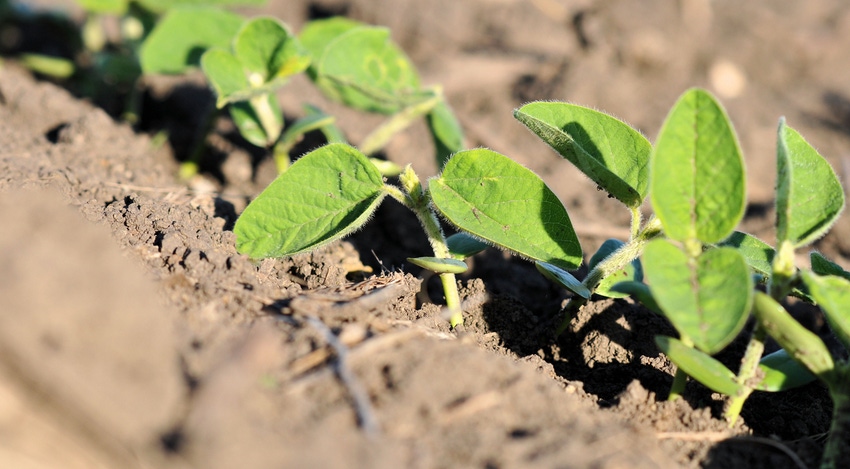
USDA is now taking requests for a referendum on the soybean checkoff. The request period began May 6 and ends May 31.
What does that mean exactly? USDA gives farmers the chance to request a referendum every five years. If at least 10% of the 515,008 soybean producers across the U.S. complete the “Soybean Promotion and Research Order Request for Referendum” form and deliver it to their local FSA office by May 31, USDA will hold a referendum on the soybean checkoff. No more than one-fifth of the 10% who support a referendum may come from any one state.
The United Soybean Board administers the national checkoff, which is mandatory for all producers except organic farmers. According to USDA’s Agricultural Marketing Service, annual assessments under the national program were $89.5 million in 2016 and $101.6 million in 2017. USB runs the industry’s research and promotion program under AMS oversight.
Soybeans are assessed at half of 1% of the net market price of soybeans. Here is the breakdown of assessments and expenses for 2018 by state in the Mid-Atlantic and Northeast:
• Pennsylvania. For fiscal year 2017-18, the Pennsylvania Soybean Board reported a carryover of $284,884 from the previous year and $889,990 in assessments. Of that, $444,995 went to USB.
They spent $240,096 on research; $132,304 on promotion and education; $94,709 on administration, compliance, audits and insurance; and $67,436 on communications.
• Maryland. In its 2018 annual report, the Maryland Soybean Board reported $1.006 million in assessments, a $325,994 carryover and $504,202 to USB.
The board spent $249,538 on research, $146,601 on promotion, $128,315 on special projects, $68,535 on administrative expenses and $63,437 on communication.
• Delaware. The Delaware Soybean Board collected $355,512 in assessments, according to its 2018 report, with $177,756 going to USB.
The board spent $49,251 on research, $34,456 on communication, $32,577 on program implementation, $26,994 on promotion and $21,319 on special projects.
• Eastern region. The Eastern Region Soybean Board, which covers New England, Florida and West Virginia, collected $71,942 in assessments, reported a carryover of $20,869 and sent $35,971 to USB.
The board spent $15,380 on research, $11,300 on communication, $11,100 on administration, and $8,120 on promotion and education.
Information from New York and New Jersey was not available to American Agriculturist in time for this story.
Past referendums failed
The requests for referendums failed by large margins in both 2014 and 2009. In 2014, less than 350 valid request-for-referendum forms were filed, representing 0.06% of U.S. soybean farmers. In 2009, just 759 forms requesting a referendum were submitted.
Farmers certifying that they paid the checkoff at any time during a period beginning Jan. 1, 2017 and ending Dec. 31, 2018, are eligible to participate in the petition for a referendum. Eligible farmers who do not want a referendum do not need to take any action.
The checkoff program was created and is administered under the authority of the Soybean Promotion, Research, and Consumer Information Act. It became effective on July 9, 1991, when the Soybean Promotion and Research Order was published. Assessments began September 1, 1991.
About the Author(s)
You May Also Like








